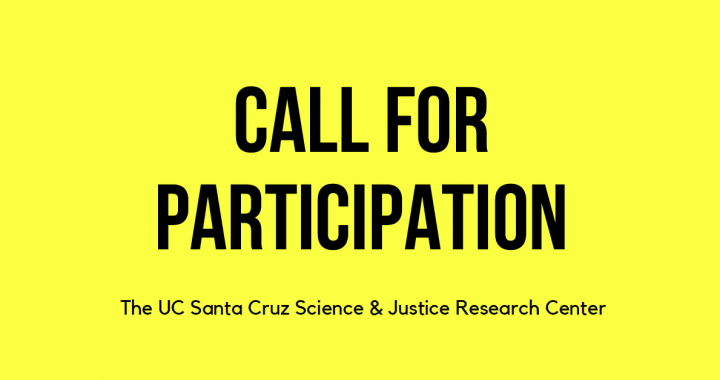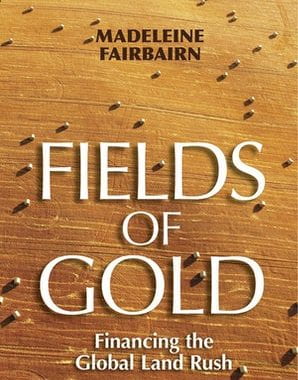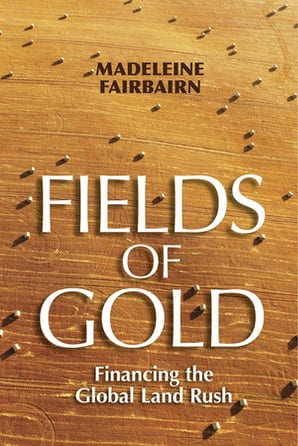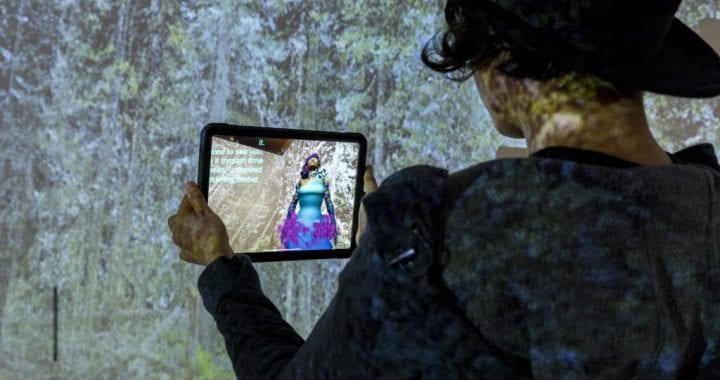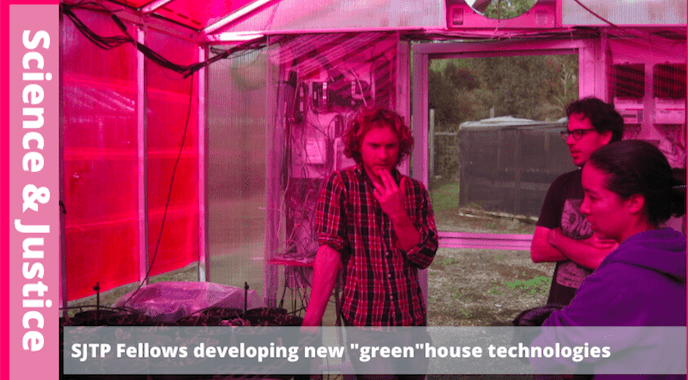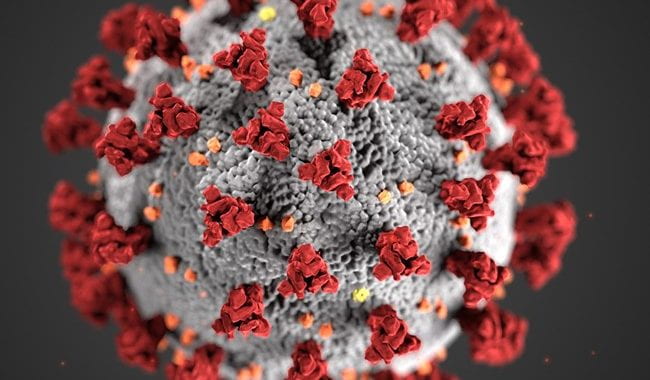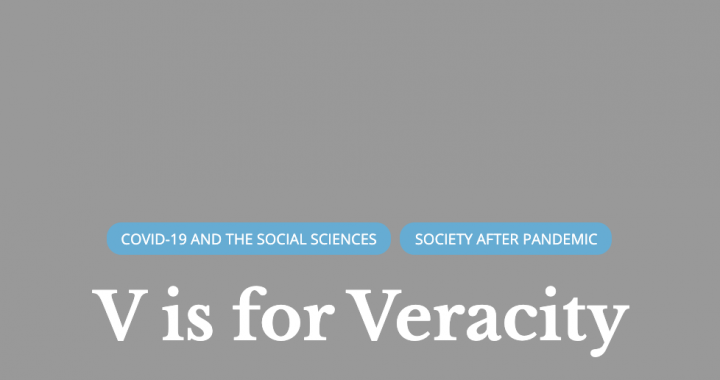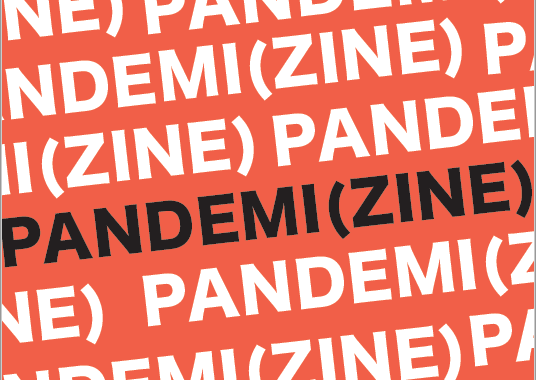The Department of History at the University of California, Santa Cruz is recruiting the first in a series of PhD students to begin in the fall of 2021 to pursue research on the history of science, the history of medicine, and/or environmental history in the Global South. Applicants may specialize in the study of the Middle East and North Africa, Latin America, the Caribbean, Africa, South Asia, East Asia, or indigenous communities across the globe.
The online application is available beginning October 1st (unless otherwise noted), and closes at 8:59 pm PST on December 10th.
UCSC is known for its reputation as a center for the study of science (e.g. feminist science studies, multispecies studies, the study of race and genomics). The successful applicant will become part of an interdisciplinary community of scholars whose work is focused on questions of science, medicine, and the environment.
In pursuing a research agenda situated in the Global South, they will have the opportunity to join researchers across the university and to participate in various transdisciplinary forums that include the Science & Justice Research Center, the Center for Cultural Studies, the program in Global Community Health, the Center for Southeast Asian Coastal Interactions, and events sponsored by the Departments of Politics, Sociology, History of Consciousness, Feminist Studies, Anthropology, and Critical Race and Ethnic Studies.
In addition to university support, the successful applicant will receive funding for language training and research from a CAREER award from the National Science Foundation on the theme of “The History of Science at the Interface of Biomedical and Environmental Concerns,” whose Principal Investigator is Jennifer L. Derr (History).
Further information about the history department’s graduate program can be found on their web page (https://history.ucsc.edu/graduate/phd-program/index.html). Please contact Jennifer L. Derr (jderr@ucsc.edu) or the Graduate Program Coordinator for the Department of History, Cindy Morris (morrisc@ucsc.edu), with questions regarding applying or the graduate program.

